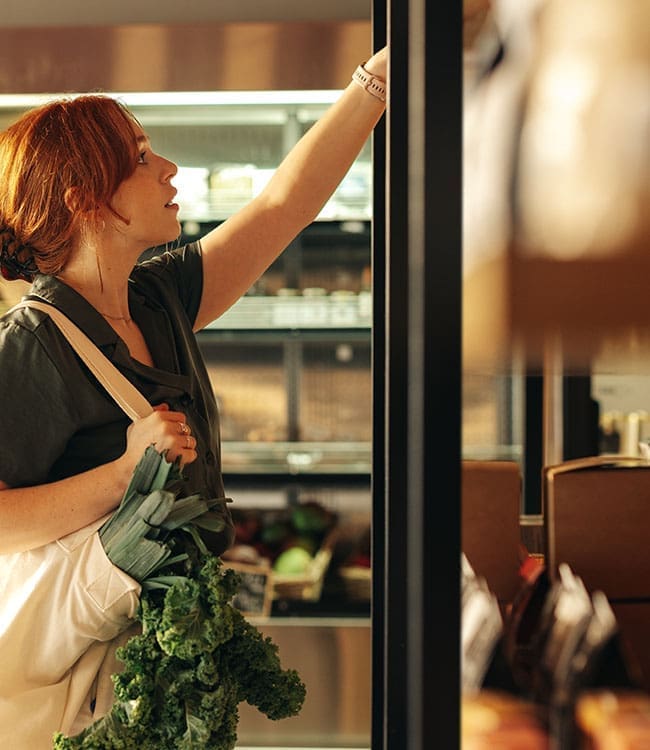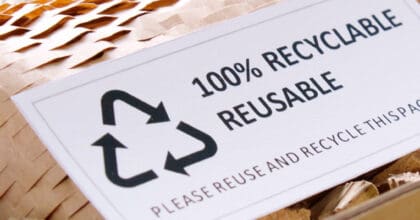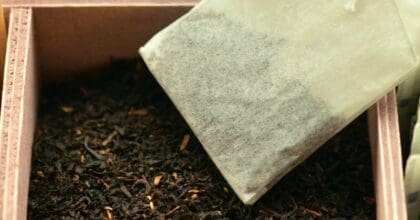In January 2014, Riedel, a 250-year-old Australian glass company known for shaping glasses to fit the character of specific wines, launched a lead-free crystal glass designed to deliver “the optimal taste experience” to Coca-Cola drinkers. The development process included a “sensory workshop” with team of 10 panelists and the result is a 17-ounce, 6 and 3/8 inch tall vessel.
From the rim, the top half of the glass widens, much like a wine glass; the curvature then cuts in to become significantly more narrow only to widen out again toward the bottom. The shape is roughly based on iconic contour bottle Coca-Cola patented in 1915. The glass is said to prolong carbonation; balance the beverage’s sweetness, acidity, minerality, and effervescence; intensify the aroma; and bring out characters of lemon and malt.
The news instantly drew sneers from wine aficionados, newspapers, and bloggers. A January 16 Forbes article quoted Riedel owner, Georg Riedel, saying, “This is a chance for us to talk to a different age group and different customers. We will be loyal and attached to the wine industry, and we will keep those relations. But don’t forget that there is a world who is not allowed to drink alcoholic beverages, and this is a chance to engage them.”
Mintel’s Carbonated Soft Drinks US 2013 report found that when asked about reasons for purchasing soft drinks for personal consumption, the number one reason was “I like the way they taste” at 64%. Rounding out the top three reasons, 55% of respondents find soft drinks “refreshing” and 52% said they like the flavors.
At the same time, soft drinks have been increasingly under fire, accused of playing a large part in the nation’s obesity crisis. Soda taxes and bans have been proposed in various cities. Diet drinks are also decreasingly thought of as ‘healthy’ alternatives, due to concerns about artificial sweeteners; some 46% of respondents believe artificial sweeteners are unhealthy.
From 2010 to 2012, regular soft drink sales increased a scant 1.3% while diet soft drink sales dipped 2.8%. It seems customers were swapping out these beverages for seltzer, tonic water, and club soda as sales for this category grew 9.6%. In 2013, Coca-Cola launched health-focused marketing initiatives, such as the “Be OK” ad which suggested ways to burn off the 140 calories in a 12-ounce can of Coke.
The launch of the Riedel glass marks a shift in focus for Coca-Cola. Unlike the “Be OK” ad, which positioned Coke as part of a healthy lifestyle, the partnership with Riedel hones in on taste and experience. In this way, Coke is positioned as a beverage consumed for enjoyment, much like beer and wine.”
Lauren is a consumer analyst at Mintel with expertise across a wide variety of sectors and topics.







































